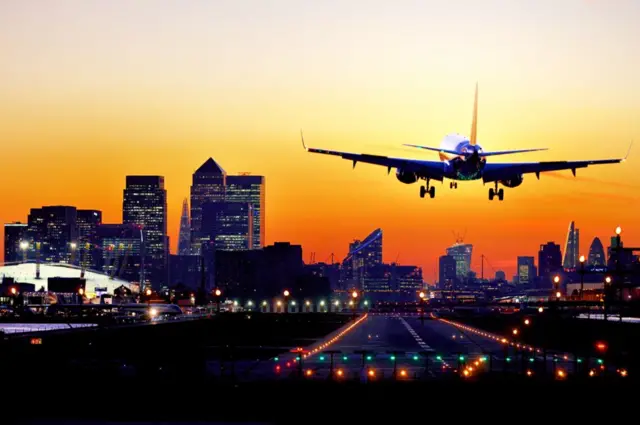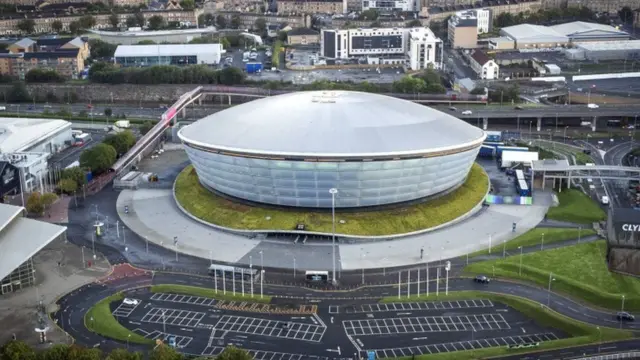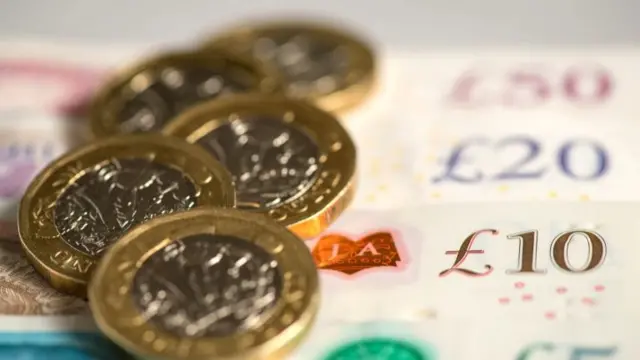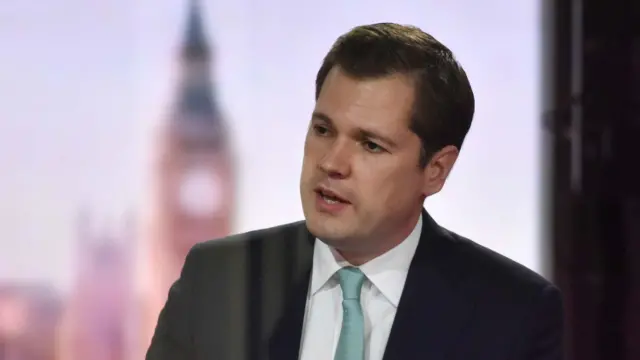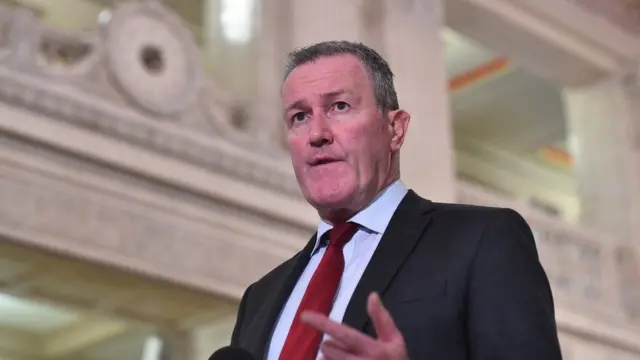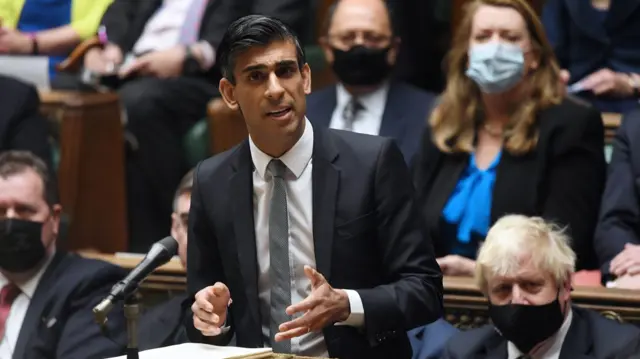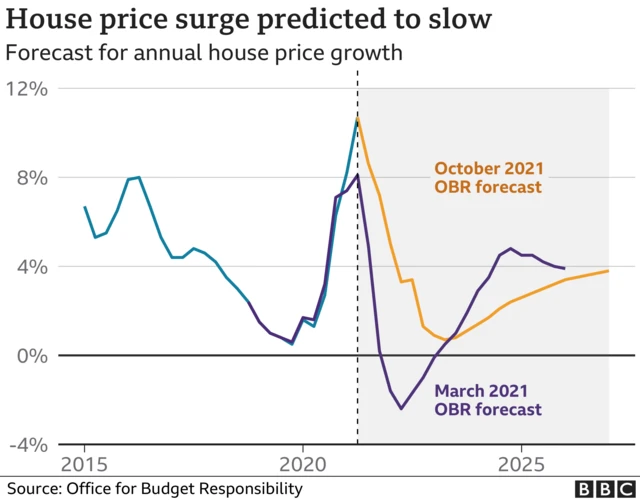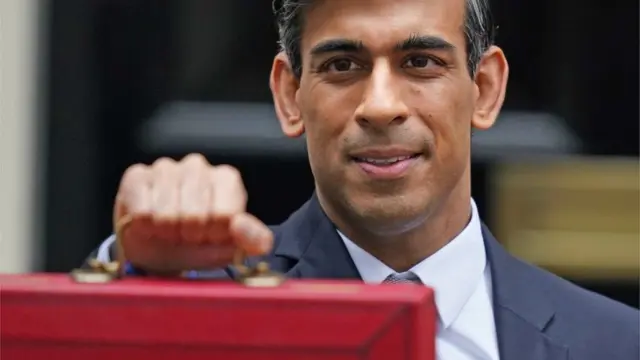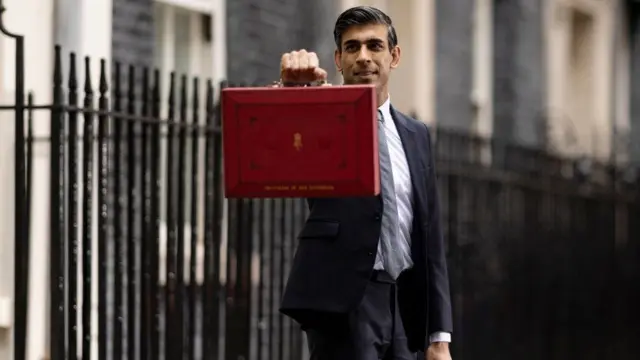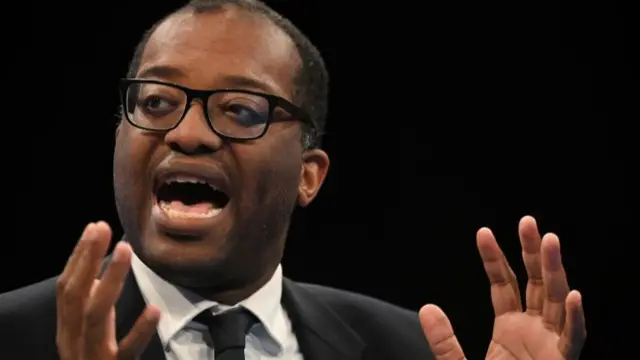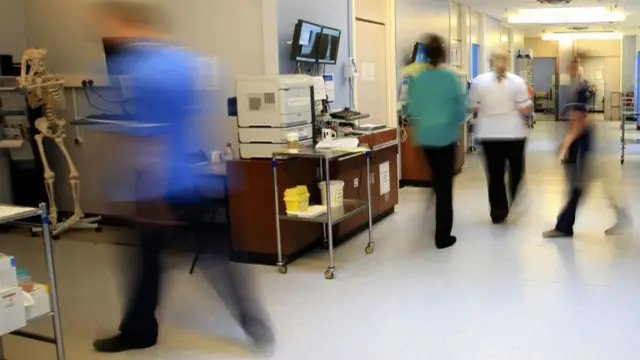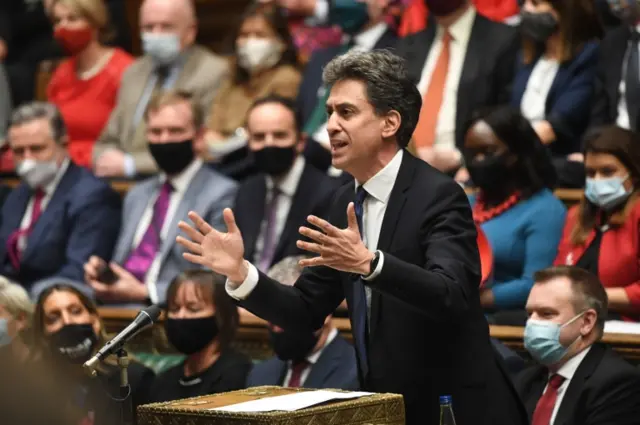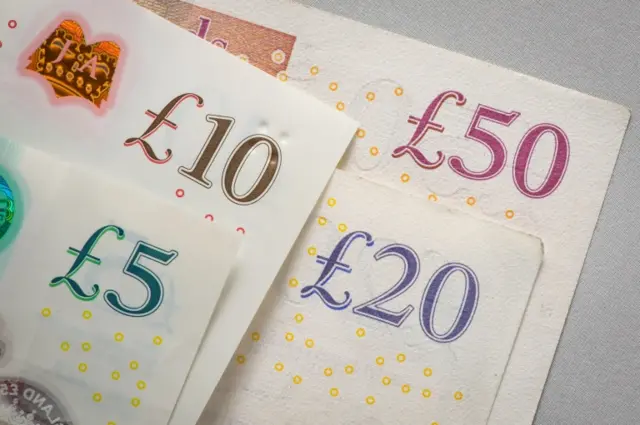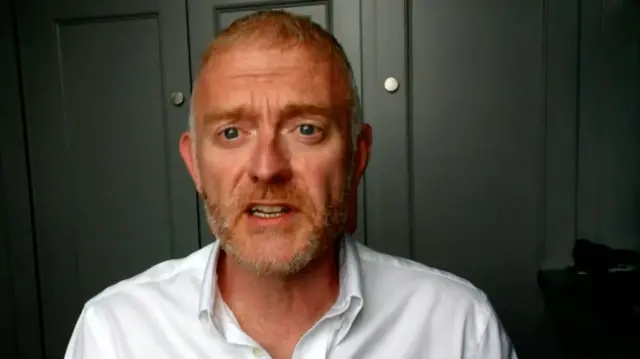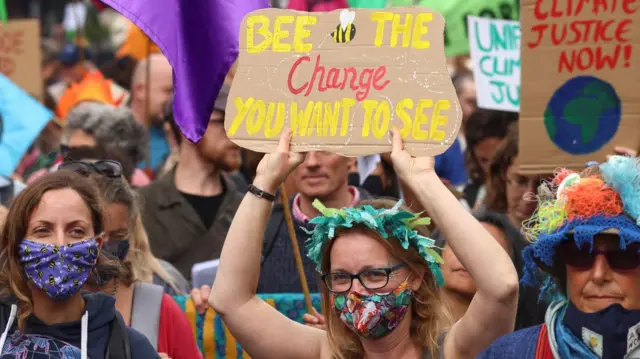That's all from us...published at 16:12 BST 28 October 2021
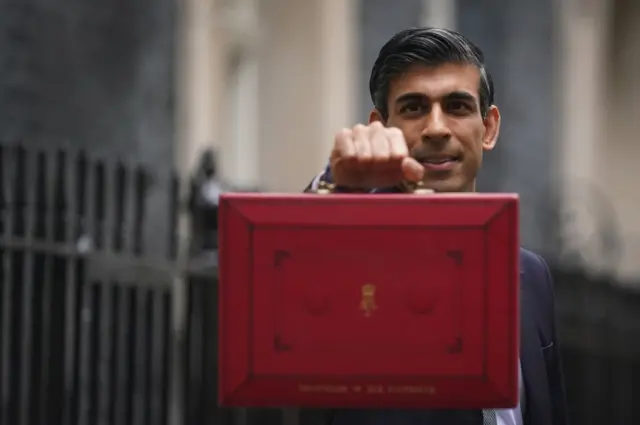 Image source, PA Media
Image source, PA MediaWe're ending our live coverage for today. Before we go, here’s a reminder of the day's main reaction to Rishi Sunak's Budget:
- The Institute for Fiscal Studies says middle-income families are "likely to be worse off next year" and adds that a combination of tax increases and high inflation "over the next several years" will mean "very slow growth in living standards"
- The Resolution Foundation think tank says measures introduced since Boris Johnson came to power, including Wednesday's Budget, are set to cost households £3,000 more in tax each year
- Shadow chancellor Rachel Reeves tells the BBC that while she welcomes the increases in spending, it's not the Budget she would have delivered and calls the decision to cut air passenger duty the week before COP26 "astonishing"
- Rishi Sunak defends the move to cut air passenger duty, emphasising the importance of consistency "with our environmental goals" but tells the BBC: "We're doing this to support domestic aviation, and regional airports will benefit from this"
- Scotland's First Minister Sturgeon says the chancellor made the "wrong choice" announcing the cut in charge on domestic flights just days before COP26 opens in Glasgow
- Former housing secretary Robert Jenrick says the Treasury is "simply not willing" to do more to help leaseholders remove unsafe cladding from buildings, after campaigners said the government must be "operating in a time warp" to have announced the same £5bn funding for a fourth time
- Sunak's Budget offers an "age of stagnation" rather than optimism, once the "Instagram filter" is removed, says shadow business secretary Ed Miliband
You can read an overview of yesterday's Budget here, analysis from our economics editor here, and analysis from our political editor here.



